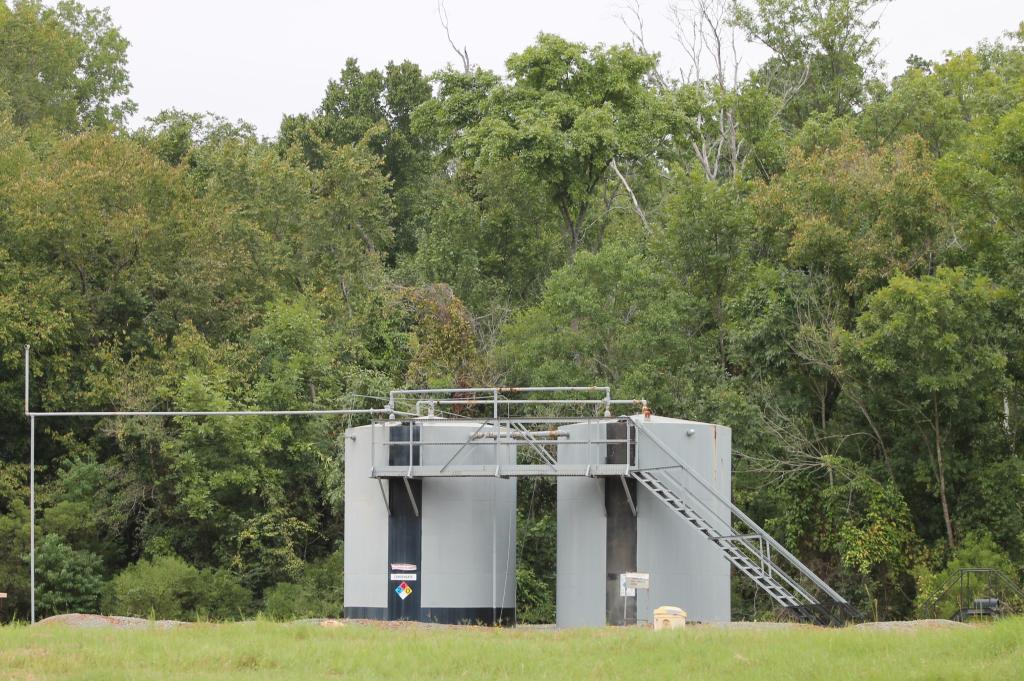Cuomo explains his concerns on pipeline expansion
Published 7:04 pm Wednesday, April 12, 2017

- MorgueFile
ALBANY — Though his administration has stopped two major fossil fuel transmission projects in the past year, Gov. Andrew Cuomo says he supports pipeline construction in New York “as long as they’re done well and done correctly.”
In his most expansive explanation to date on natural gas infrastructure, Cuomo told a newspaper editorial board that pipelines are viewed as the least hazardous method of moving a combustible fuel that has become one of the primary sources of heat and energy across the nation.
“Many studies say that using a pipeline as a conduit is safer than rail travel and truck travel, Cuomo told the editors of the Buffalo News, according to a transcript released by the governor’s office Wednesday. “Realistically you have to move fuel, so a pipeline is the safest way if it’s done right.”
Cuomo’s comments came after the state Department of Environmental Conservation denied state certification to the proposed Northern Access pipeline. That 99-mile project would have brought fracked gas in a 24-inch diameter pipeline across Western New York, from Pennsylvania into Canada.
In April 2016, the same state agency denied water permits sought by Constitution Pipeline, a $700 million project backed by several major energy companies, led by Williams Partners. The pipeline company has a pending lawsuit seeking to overturn the state’s decision.
Cuomo said in the editorial board interview that while the Northern Access would have brought about 1,000 “temporary” construction jobs, it would have created only five “permanent” jobs.
“The risk to the environment and the water quality and degradation to the environment outweighed the five permanent jobs,” Cuomo said.
The governor acknowledged that designing a pipeline in a way that avoids harmful impacts to the environment can add to the project’s costs.
He said if a pipeline ruptured in a watershed area “it would obviously be a big problem.”
Cuomo also noted his administration’s objective of requiring that renewable sources of energy account for at least 50 percent of New York’s energy mix by 2030, and suggested that relying on natural gas as a bridge to that goal is necessary.
“I think in all probability you need natural gas,” said Cuomo, a Democrat who faces re-election for a third term next year. “I don’t think you can get from here to there without using natural gas.”
Several veterans of the battle against the Constitution Pipeline project assisted the activists in Western New York who have been fighting the Northern Access project.
The conduit of natural gas then becomes the question.
One of those involved in opposing both projects, Dennis Higgins, a mathematics professor at the State University of New York at Oneonta, said the new comments by Cuomo, a lawyer, appeared to be “pretty judicious” and were apparently intended not to create additional complications for the state should the developer of the Northern Access project file a lawsuit challenging the certification denial.
Higgins voiced disappointment that Cuomo argued natural gas is needed for the time being.
The activist said the governor and other state officials “haven’t gotten the message” that gas production and transmission leads to the atmospheric release of methane, which he described as a catalyst for climate change that is “far worse” than another greenhouse gas, carbon dioxide.
The state’s denial of the Northern Access permit was criticized by a board member of the New York Oil and Gas Association, John Holko. He argued that the denial reflects Cuomo’s desire to cater to anti-pipeline activists, with no regard for the economic consequences and what he said was the role of gas in reducing overall energy costs.
John Holko is president of Lenape Resources, a company involved in the exploration of gas and oil in the Appalachian basin region of New York and Pennsylvania.
“If the governor could just decide on a standard and quit changing the rules in the middle of the game, it would be A-OK,” Holko said. “But you can’t change the rules every time you want because you’re out to look good politically.”
The state’s role in reviewing energy infrastructure projects has put Cuomo in the middle of several recent controversies. Last week, an estimated 25 activists fighting the proposed Algonquin Pipeline that would cross through the Indian Point nuclear power station in Westchester County staged a demonstration outside the New Castle home where Cuomo lives with Sandra Lee, a television personality.
They contended the project, which would send shale gas from Pennsylvania to New England, would be highly hazardous given its proximity to the nuclear material at the site.
The Journal News newspaper reported that Cuomo was in Albany at the time of the rally, working on the state budget made final last weekend.
Joe Mahoney covers the New York Statehouse for CNHI’s newspapers and websites. Reach him at jmahoney@cnhi.com



